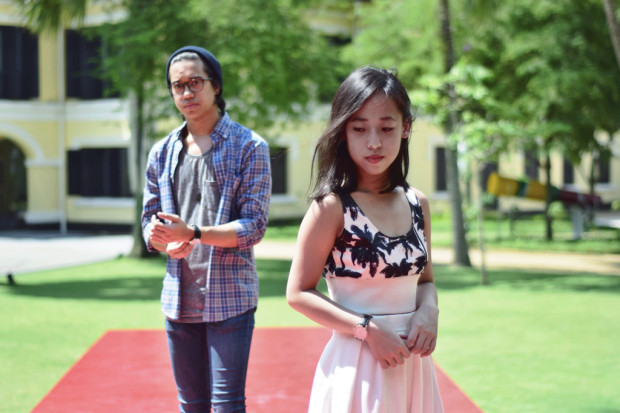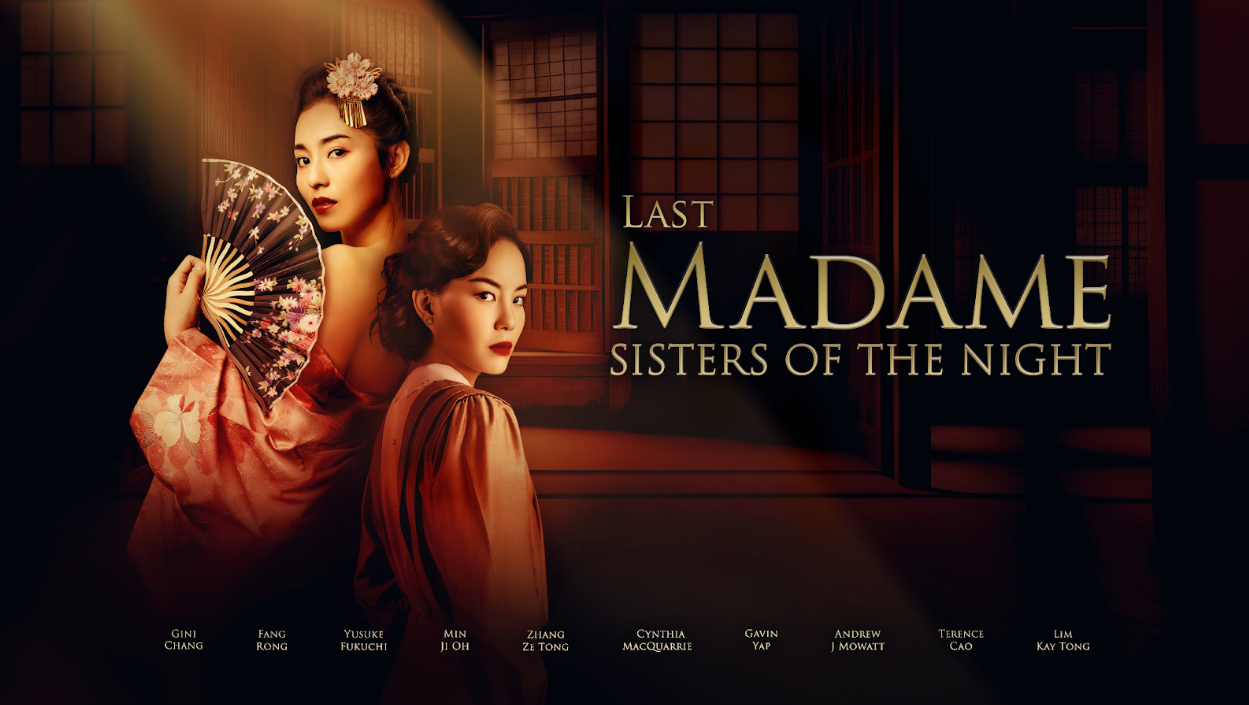
Luke Ashley Chan
When a girl says “Do I look fat?” she really means “Tell me I’m beautiful.” I confess that when I read that I thought it was so true. Did that somehow make me “sexist”? What was the social stigma behind these mixed signals, and were they still true?
In my experience dealing with girls, I do find it hard to figure out what women really want sometimes. Perhaps, they want us to find out and because we bothered, it means we care. But is this always the case though, and did other males feel this way?
I asked a few guys around campus for their views on the handbook. Many I spoke to laughed when reading the statements, agreeing wholeheartedly. Deepan Raj Valluvan, 19, a Centre for Enterprise and Communication (CEC) student chuckled as he said: “This is exactly it. If your girl asks if another girl is pretty, don’t say yes! It’s a trap!”
Everyone I spoke to agreed with the statements in the handbook, which just goes to show men and women deal with things differently. But one thing was consistent in all their answers: it depends on the girl.
Eighteen-year-old Christian Prince from the School of Engineering (SEG) said: “Honestly, it really depends on the girl. We shouldn’t generalise based on just what this handbook says,’’ said Christian.
But he too couldn’t resist adding a cheeky line: “No matter what or whose fault, the guy always apologises!”
Perhaps couples might shed some light. I asked Vanessa Chan, 19, a student from ITE Central and her boyfriend Jai Kishen, 20, a national serviceman.
They took a sensible approach: girls simply want reassurance. Boys don’t need to tell them they look good or read their mind but if they made the effort, it certainly helped relationships. “Some girls get angry but they don’t tell their guys because they want the guys to “man up” without having being told to!” said Vanessa.
So I guess there is some truth to stereotypes after all. Perhaps it’s just the way the female mind works, in a more subtle, sophisticated manner. A guy would just charge headfirst into the fold, not coming up for air until they have what they want. Women just aren’t like that: they think that men should know where they messed up, and that there is no need to point out the mistake they have made.
There is no cookie cutter solution, no holy grail to consult to learn more about the female mind. Each girl acts differently, and relationships are part and parcel of life. I think Forrest Gump’s quote might work for this situation: Girls are like a box of chocolates. You never know what you’re going to get.
Sara Koh
When Agatha’s post made its rounds, I went to find out exactly what was listed in the relationship handbook. And indeed, I found many stereotypical statements mainly directed at women more than the men. Some statements included: “If a girl says ‘I’m not upset’, she really means ‘Of course I’m upset!’ For boys however, when they say they are tired, then they are tired (no mixed signals there).
My initial reaction was to agree wholeheartedly with Agatha. Like her, I identified myself as a female who spoke my mind and said what I felt. I see girls in my class who are strong academically, who get perfect grades and lead entire events and they are strong too. I see women in top leadership positions, driving cars and travelling the world so how can this be true? But did my peers feel the same way as Agatha and I did?
I went around campus asking for thoughts and opinions. Most girls I spoke to agreed that sometimes women don’t say what they really feel. Only two out of the five felt the statements were out-dated, stereotypical and cannot be applied to the whole female population.
Michaela Hay, 19 and Cynthia Koh, 20 from School of Technology for the Arts (STA) said some of her male friends shared the same ideas that were portrayed in the handbook.
“Some guys I know have this perception that when a girl says no, they’re playing hard to get. Even if they are playing hard to get, you should respect their answers from what you hear, not from what you think they are saying,” said Michaela.
Another student, Natalie Ng, 19, a student from the School of Applied Science (SAS) admitted she was guilty of saying the opposite of what she really felt. “Sometimes, when I am not happy with my boyfriend, I don’t really tell him. If he asks me if I am upset, I say no,’’ she said. When I asked her why, she simply shrugged and told me that she wanted to feel as if her boyfriend cared enough to notice that she really wasn’t okay and was in fact, upset with him.
It was clear that I wasn’t going to get a clear answer. After speaking to my own friends and my fellow students, I realised that a lot of it depended on your individual personality, values and the way you were brought up. No two girls are the same. Sometimes you get a girl who is strong headed and tells it as it is, sometimes you get the opposite.
Sure, women are now more articulate and have more freedom to exercise power in the work place and in personal relationships. But maybe some things don’t change; like how they ultimately want to be understood and loved by their other half without them saying anything. And one thing never changes: when we ask our boyfriends if we look fat, they better not tell us the truth.
The background:
On 7 Oct 2014, 17-year-old Hwa Chong Institution student, Agatha Tan, wrote a letter expressing her disappointment in a Focus On The Family (FOTF) Singapore’s It’s UNcomplicated (IUC) Workshop that her school held.
The same letter later went viral on Facebook. The controversy also received a hearing in Parliament.
She had said that it promoted ‘traditional gender roles’ and depicted women as being ‘hopelessly dependent beings who are totally incapable of surviving without guys’. She was upset that ‘the workshop and booklet actively serve to promote rape culture in school’.
On the cover page of the booklet, the words written on it were, “no means yes?” and “yes means no?” Agatha went on to talk about how she objected to these gender stereotypes and said that by telling this to students, they are perpetuating a dangerous message: ‘that you should always assume that a girl means something else when really she just means “no”.’






